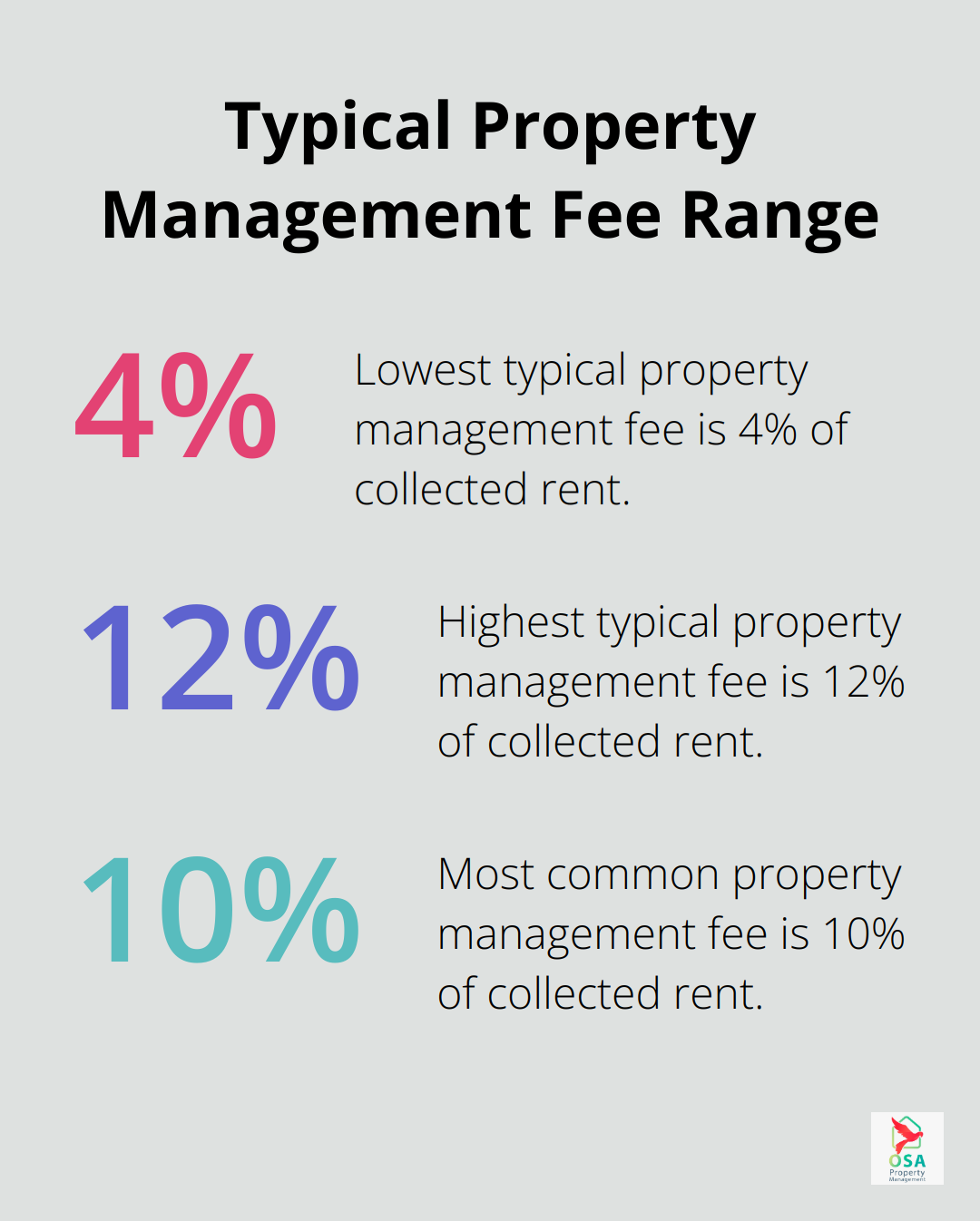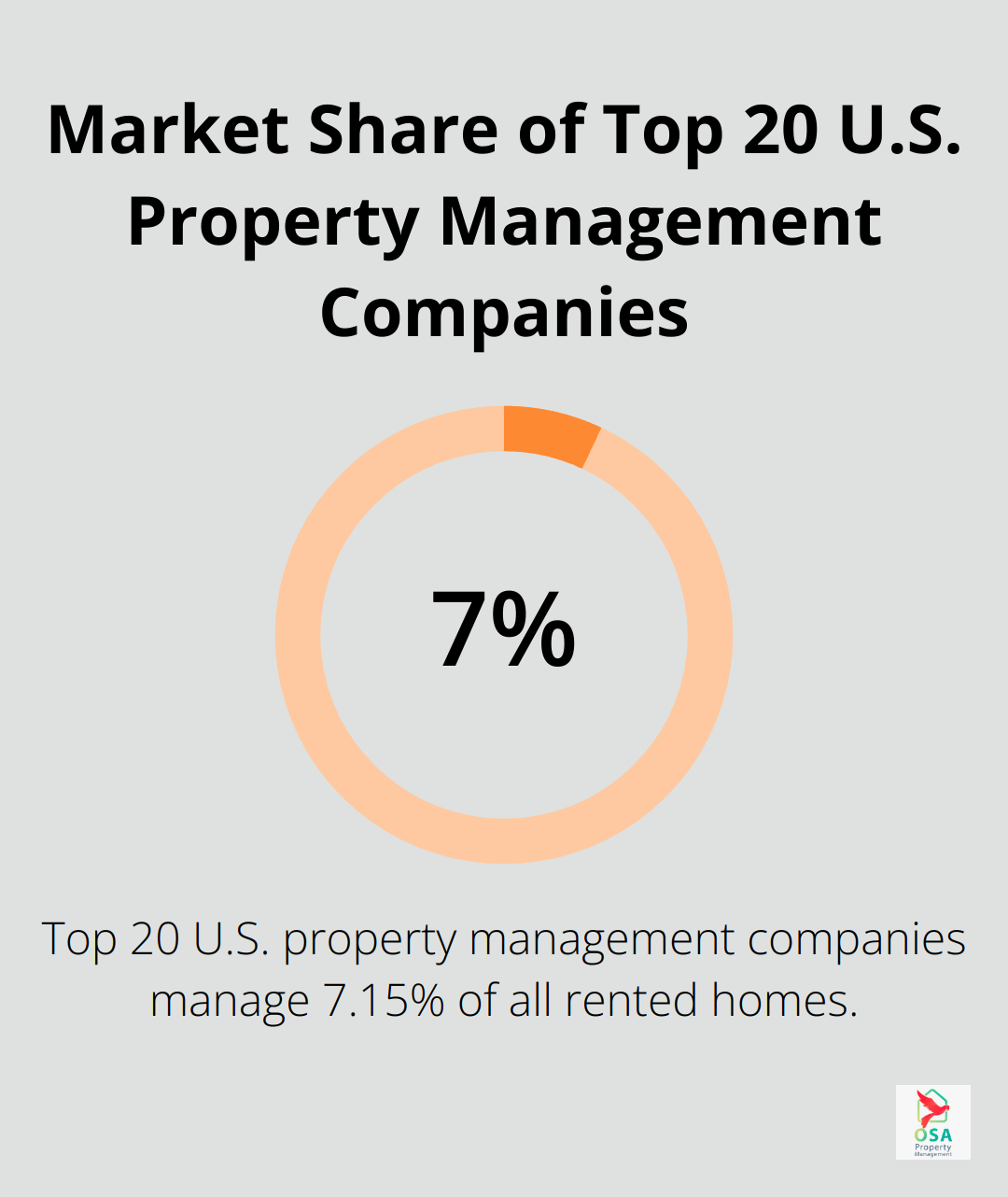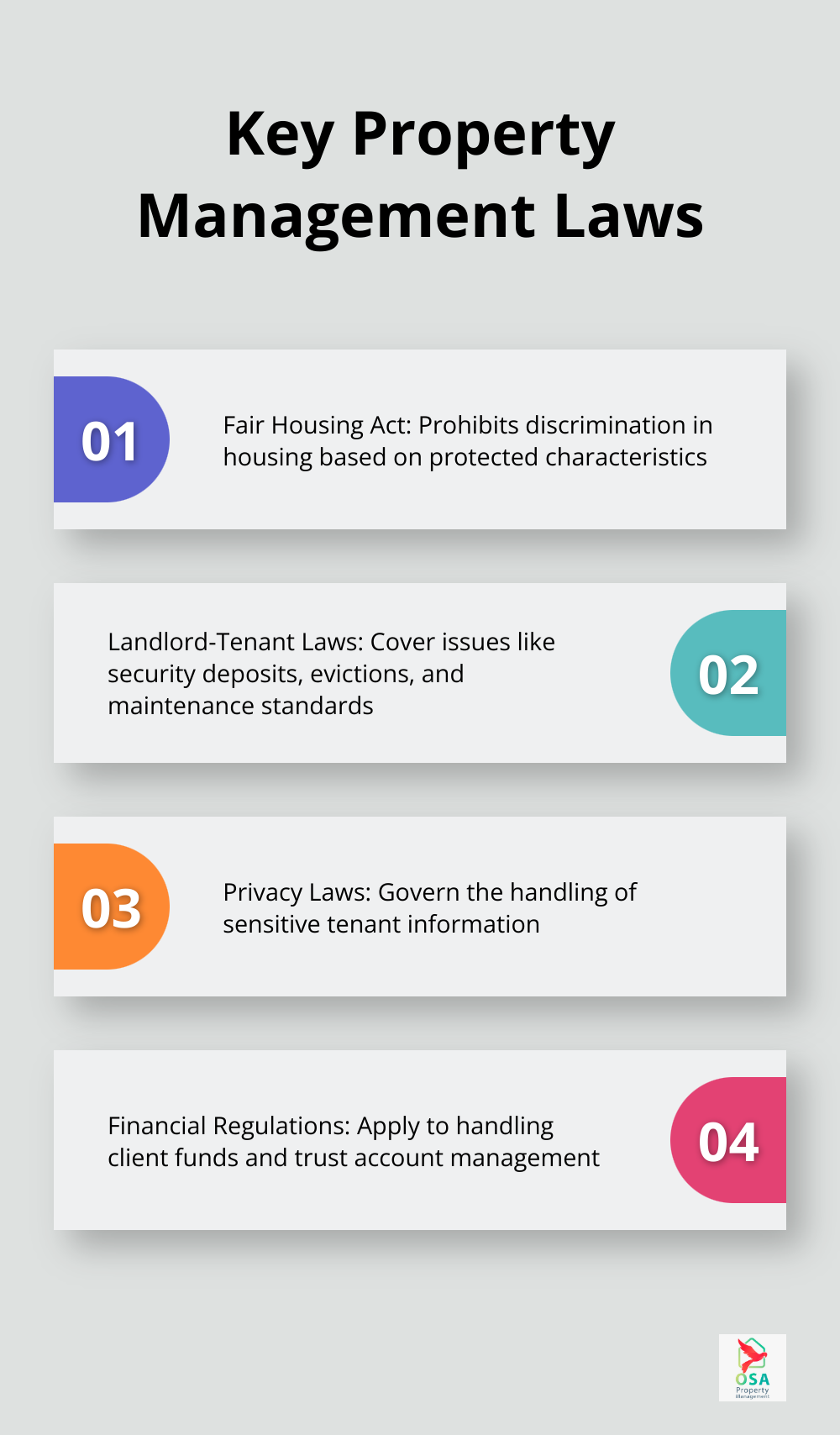Starting a property management business can be an exciting and rewarding venture. At Osa Property Management, we’ve seen firsthand how this industry offers tremendous growth potential for entrepreneurs.
If you’re wondering how to start a property management business, you’re in the right place. This guide will walk you through the essential steps to launch your own successful property management company.
Crafting Your Property Management Business Plan
Identifying Your Target Market
The first step in creating your business plan involves defining your target market. Will you focus on residential properties, commercial real estate, or vacation rentals? Each niche presents unique challenges and opportunities. For instance, if you target the vacation rental market in Costa Rica, you must understand seasonal fluctuations and tourist demographics.
Defining Your Service Offerings
After identifying your target market, outline the services you’ll offer. Will you provide full-service property management (including tenant screening, rent collection, and maintenance) or focus on specific aspects like marketing and leasing?
Consider offering tiered service packages to cater to different client needs. You might create a basic package for landlords who want minimal involvement, and a premium package for those seeking comprehensive management services.
Analyzing the Competition
A thorough competitive analysis will position your business effectively. Research other property management companies in your area to understand their pricing, services, and unique selling points. Look for gaps in the market that you can fill with your offerings.
For example, if most local companies don’t offer 24/7 emergency maintenance services, this could differentiate your business. Use tools like Google My Business and local real estate forums to gather insights about your competitors.
Setting Your Pricing Strategy
Pricing your services competitively will attract clients while ensuring profitability. Property management fees typically range from 4% to 12% of the collected rent, with 10% being the most common, though this can vary based on your location and service offerings.

Consider factors like property type, number of units, and the extent of services provided when setting your fees. You might also offer discounts for multiple properties or long-term contracts to incentivize client loyalty.
Financial Projections and Funding
Create detailed financial projections for your first three to five years of operation. Include startup costs, ongoing expenses, and projected revenue. Be realistic in your estimates and account for seasonal fluctuations if applicable.
Property management statistics show that the top 20 U.S. property management companies manage 3.227 million rental units (7.15% of all rented homes). Use this as a benchmark when projecting your growth and revenue potential.

For funding, determine how much capital you’ll need to start and sustain your business until it becomes profitable. Consider options like personal savings, small business loans, or partnerships. Remember to factor in costs for licensing, insurance, software, and marketing.
With your business plan in place, the next step involves navigating the legal requirements and licensing necessary to operate your property management business legally and ethically.
Navigating Legal Requirements for Property Management
Obtaining Necessary Licenses and Permits
The first step to ensure legal compliance involves obtaining the required licenses and certifications. These requirements vary by location, so you must research your local and state regulations thoroughly. It’s important to note that some states, such as Idaho, Maine, and Vermont, do not require a real estate license to engage in property management. However, other states may have specific licensing requirements.
Don’t overlook general business licenses and permits. These may include a business operating license, tax registration, and zoning permits. Check with your local Small Business Administration (SBA) office or city hall for specific requirements in your area.
Understanding Property Management Laws
Property management is heavily regulated to protect both property owners and tenants. You must familiarize yourself with fair housing laws, landlord-tenant laws, and local ordinances. Property management laws encompass various areas, ensuring the safety, rights, and responsibilities of both property managers and tenants.
Key laws include:
- Fair Housing Act: This federal law prohibits discrimination in housing based on race, color, national origin, religion, sex, familial status, and disability.
- Landlord-Tenant Laws: These vary by state and cover issues like security deposits, evictions, and property maintenance standards.
- Privacy Laws: You’ll handle sensitive tenant information, so understand data protection requirements.
- Financial Regulations: If you’ll handle client funds, you may need to comply with trust account regulations.

Stay updated on these laws as they can change. Consider joining professional associations like the National Association of Residential Property Managers (NARPM) for ongoing education and updates.
Securing Appropriate Insurance Coverage
Proper insurance protects your business from potential liabilities. Key types of insurance to consider include:
- General Liability Insurance: This covers accidents or injuries that occur on properties you manage.
- Professional Liability Insurance (Errors and Omissions): This protects you from claims of negligence or failure to perform your professional duties.
- Property Manager’s Bond: Some states require this to protect property owners’ funds.
- Cyber Liability Insurance: Given the sensitive data you’ll handle, this can protect against data breaches.
Consult with an insurance broker experienced in property management to ensure you have adequate coverage. The right insurance not only protects you but also gives property owners peace of mind when they entrust their assets to your care.
With the legal requirements addressed, you can now focus on building the infrastructure that will support your property management operations. This includes selecting the right software, developing efficient systems, and establishing processes for maintenance and repairs.
Building Your Property Management Tech Stack
Select the Right Property Management Software
A robust technological infrastructure is essential for efficient property management. The right tools will streamline operations, improve tenant satisfaction, and boost your bottom line.
Choose software that offers comprehensive features like integrations, rent collection, resident experience and engagement, and property marketing. Popular options include AppFolio, Buildium, and Yardi Breeze (each catering to different business sizes and needs).
When you evaluate software, consider scalability. Your chosen platform should accommodate an increasing number of properties without compromising performance as your business grows. Also, prioritize user-friendliness – both for your team and your tenants. Many property managers overlook the tenant portal feature, but it’s essential for improving communication and tenant satisfaction.
Don’t forget about mobile capabilities. The ability to manage properties on-the-go will significantly enhance your efficiency.
Streamline Tenant Screening and Rent Collection
Effective tenant screening is important for maintaining high-quality rentals and reducing turnover. Implement a standardized screening process that includes credit checks, criminal background checks, and eviction reports. Services like TransUnion SmartMove can automate much of this process, which will save you time and ensure consistency.
For rent collection, online payment systems are a must in today’s digital world. They not only make it easier for tenants to pay on time but also simplify your accounting processes. Platforms like Stripe or PayPal can integrate with your property management software for seamless transactions.
Establish a Robust Maintenance System
A well-organized maintenance process is key to tenant satisfaction and property value preservation. Implement a system that allows tenants to easily submit maintenance requests online or through a mobile app. This will improve response times and help you track and prioritize issues more effectively.
Try to use software that integrates with your preferred vendors or maintenance teams. This can automate work order assignments and follow-ups.
For preventive maintenance, create a schedule of regular inspections and updates. This proactive approach can save you money in the long run by catching issues early.
Lastly, use data analytics in your maintenance strategy. Track common issues and their resolutions to identify patterns and make informed decisions about property improvements or vendor selections.
In the ever-evolving vacation rental industry, the strategic utilization of technology has become paramount for property management companies. It’s important to evaluate if their approach aligns with your needs. Smaller, specialized firms often provide more personalized attention, which can be beneficial when implementing new tech solutions.
Final Thoughts
Starting a property management business requires careful planning, legal compliance, and strategic implementation. You must adapt to industry changes, stay informed about market trends, and network with other professionals to remain competitive. Continuous learning in real estate law, financial management, and customer service will enhance your expertise and credibility in this multifaceted field.
To start a property management business, research your local market, define your niche, and create a solid business plan. Work through legal requirements, set up operational systems, and build relationships with property owners and tenants. The demand for rental properties continues to grow, offering significant potential for success with dedication and a commitment to excellent service.
At Osa Property Management, we understand the rewards of building a successful property management business in Costa Rica. We tailor our services to meet each client’s unique needs, focusing on attention to detail, strong communication, and customer satisfaction. Every challenge presents an opportunity to learn and grow your enterprise.

